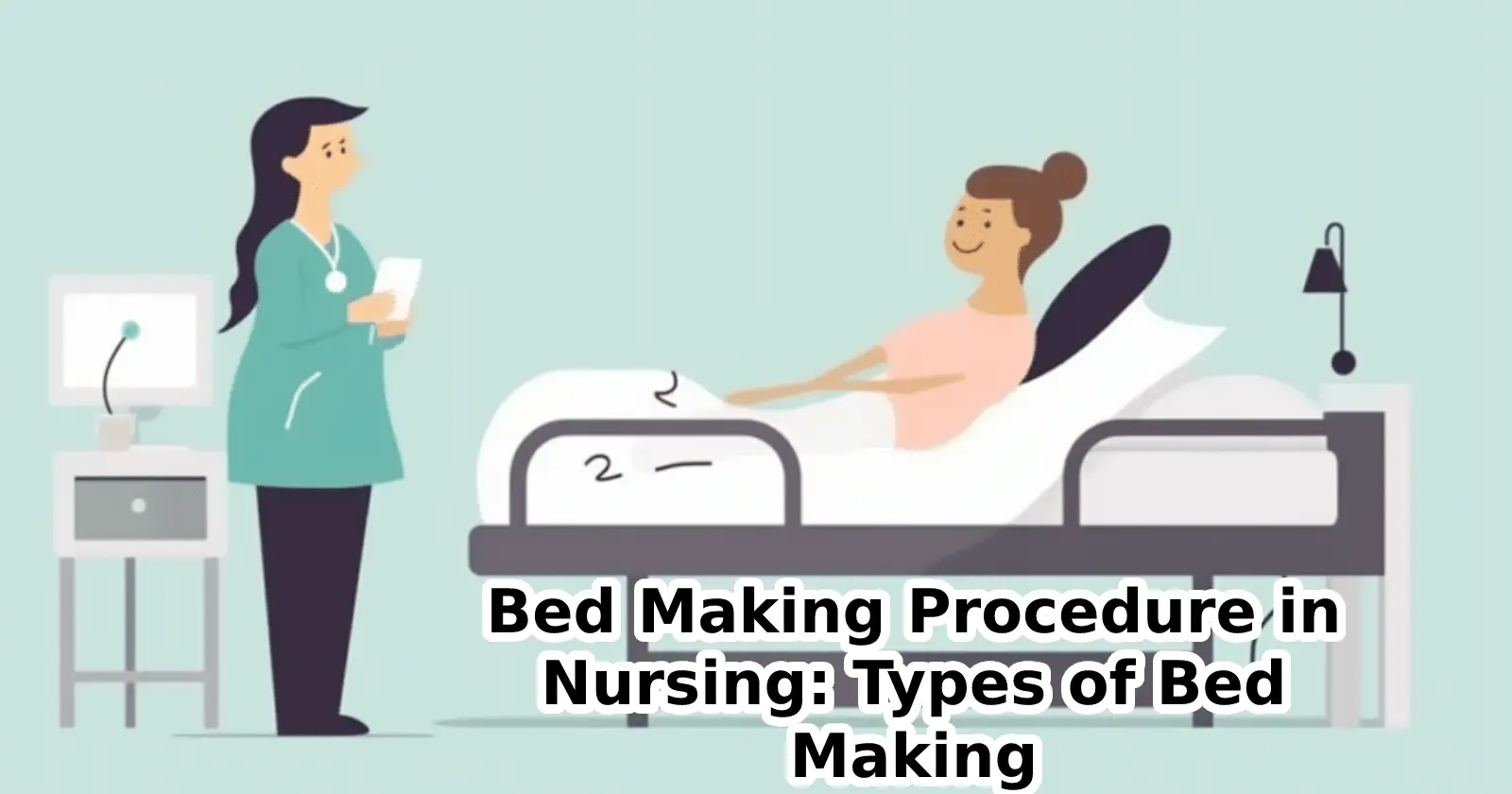What are the things nursing homes are not allowed to do? It is an important question. People living in nursing homes are in a vulnerable position as they have to rely on staff nurses to provide the care they need. Many of these people require full-time medical assistance, whereas some only require daily living activities.
There are various federal and state laws designed to safeguard nursing care, but unfortunately, abuse and neglect happen regularly. When looking at nursing homes and trying to find the best one that will provide nursing care for your loved one, it is important for you to know what these facilities can and cannot do.
What are the Things Nursing Homes are Not Allowed to Do?
Nursing homes are designed to provide care for those who cannot care for themselves. However, nursing homes must adhere to certain rules to ensure that their residents are properly cared for. This blog will discuss things nursing homes are not allowed to do.
01. They Cannot Discriminate: According to federal and state laws, nursing homes can not discriminate against potential residents based on their color, religion, age, gender, or other characteristics.
02. They Cannot be Physically Abused: It is against the law for nursing homes to physically or verbally abuse any residents. If you find this is happening, you must report it immediately.
03. Nursing Homes Cannot Impose Extra Fees: When you first admit someone to a nursing home, they state in writing which services they will provide and what are the fees associated with them. If you require changes and they charge other fees for it, this is illegal.
04. They Cannot Deny Residential Visits: All nursing homes are allowed to have residential visits at reasonable times of the day. If nursing homes deny an approved visitor, it could be a concern.
05. They Cannot Withhold Medical Treatment: A nursing home is responsible for providing nursing assistance to the residents. If they are denied care, they may violate the federal and state law.
Types of Abuse in Nursing Care
Nursing homes are supposed to be the safest place for loved ones who need advanced care when you are not in a position to provide it. Unfortunately, some nursing homes don’t follow their rules and abuse nursing care. Here are some of the types of abuse in care.
- Physical Abuse: It refers to the use of physical force or misbehavior of a resident such as force-feeding, hitting, pushing, and denial of treatment.
- Emotional Abuse: It refers to actions that cause mental distress to a person like humiliation.
- Financial Abuse: It refers to attempted theft or fraud committed against a resident. It is the illegitimate use of property, benefits, or money belonging to someone for which they do not agree.
What are the Regulations For Nursing Homes?
By law, nursing homes must comply with both federal and state regulations to ensure that nursing home residents receive proper care. Medication should be given in an organized manner so that no mistake is made in administering them. Infection control protocol must be followed to prevent cross-contamination. In addition, things nursing homes are not allowed to do like discrimination, abuse, etc.
What Should You Do If You Suspect Abuse in Nursing Home?
If you suspect abuse or neglect in a nursing home, immediately report it to the administration and state authorities. Pay attention to any signs of abuse like injuries, weight loss, and poor hygiene. Make sure your beloved receives proper medical care and consider hiring a law firm if required. Your actions can help prevent further harm.
Can Nursing Homes Retaliate?
Nursing homes are prohibited from retaliating against residents who voice complaints that can be expressed in several ways like eviction, harassment, abuse, or denial of care. If you experience such a thing, report it to the nursing home authority or regulatory agency.
Conclusion
Nursing homes are responsible for providing a safe environment for their resident. However, sometimes they may not comply with the things nursing homes are not allowed to do. If you suspect something is wrong with your beloved, don’t hesitate to take action.
Frequently Asked Questions (FAQs):
01. Could a Nursing Home Refuse to Take a Patient?
Ans: Yes, under certain circumstances, nursing homes have the right to refuse patients. However, they can not discriminate based on their caste, religion, or disability.
02. What is the Most Common Abuse in Nursing Homes?
Ans: The most common abuse in nursing homes is physical abuse, emotional abuse, humiliation, etc.
03. What are the Disadvantages of Living in a Nursing Home?
Ans: Living in a nursing home can result in a loss of privacy, limited social contact with loved ones, and the potential for abuse from staff.




